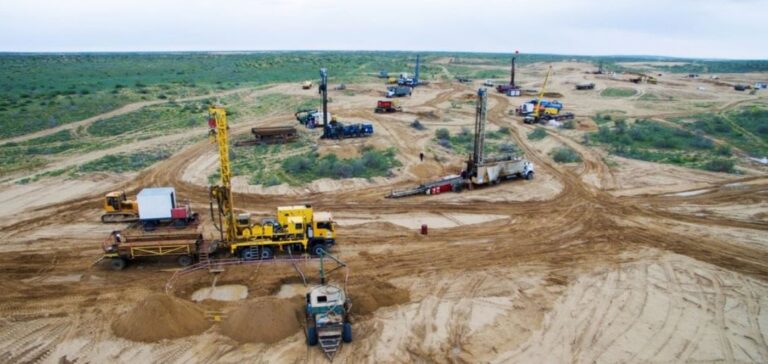Greenpeace recently published a report according to which the French nuclear industry is under the control of Russia. According to the NGO, more than 40% of France’s supply of natural uranium comes from Kazakhstan and Uzbekistan, countries where almost all the natural uranium is controlled by the Russian civil nuclear monopoly Rosatom. Greenpeace claimed that the rail convoys pass through the hands of Rosatom to reach the port of St. Petersburg, and then cargo ships transport the uranium to France.
France opposes sanctions against Rosatom
Greenpeace also pointed out that France had received from Russia one third of the enriched uranium needed to operate its nuclear power plants for one year. The organization said that the dependence of the French nuclear industry on Russia was immense, explaining why France opposed sanctions against Rosatom at the European level.
France has refuted the claims of Greenpeace
The French government rejected Greenpeace’s claims, stating that France was in no way dependent on Russia for the operation of its nuclear power plants and that it had been able to diversify its sources of supply. The office of the Minister of Energy Transition, Agnès Pannier-Runacher, has stated that France does not obtain its natural uranium supplies or fuel preparation from Russia, contrary to what Greenpeace implies.
EDF strictly enforces international sanctions
For its part, EDF said it was maximizing the diversification of its geographic sources and suppliers of nuclear fuel, and that it was not dependent on any one site, company or country. EDF emphasized that it was strictly applying all international sanctions and/or restrictions related to the non-obtaining of required administrative authorizations, while respecting the contractual commitments made. EDF also claimed that it had not purchased any natural uranium from Russian mines, nor conversion services.
In conclusion, this controversy surrounding the French nuclear industry highlights once again the geopolitical and economic stakes that lie behind the use and defense of nuclear energy in France. While the debates on the energy transition and the share of nuclear power in the energy mix are raging, it is essential to continue to question the origin of our supply sources.





















